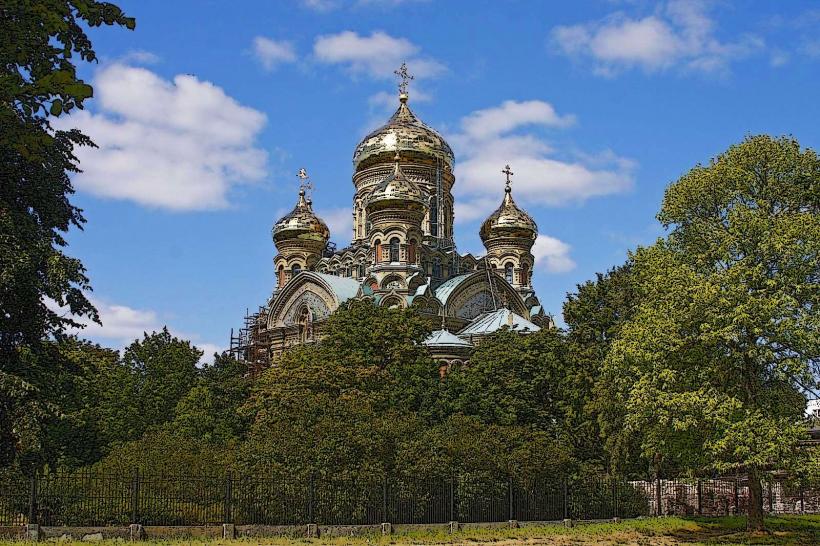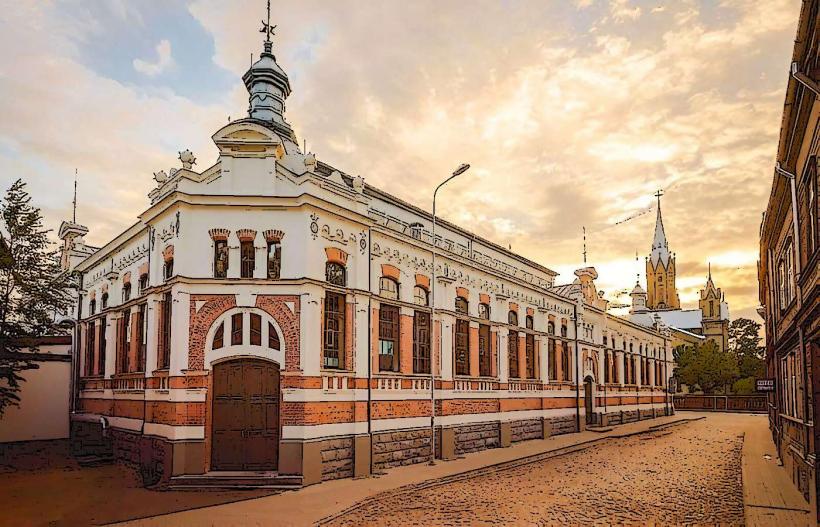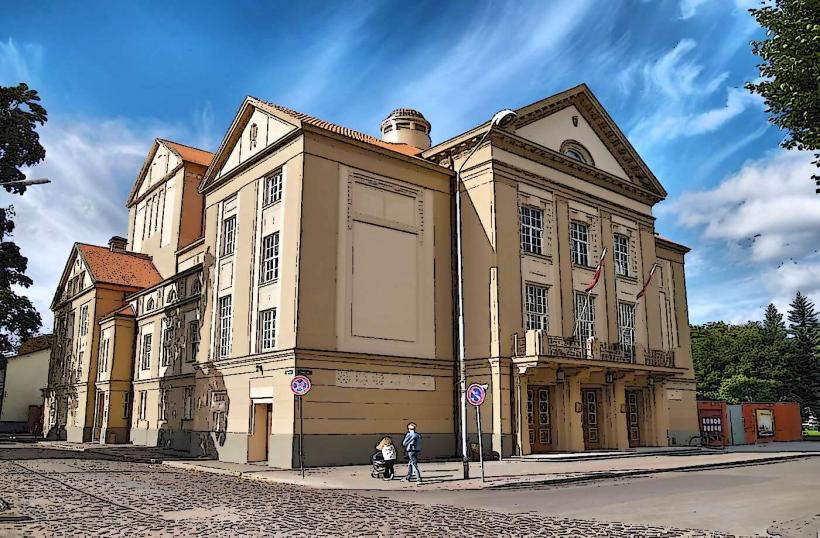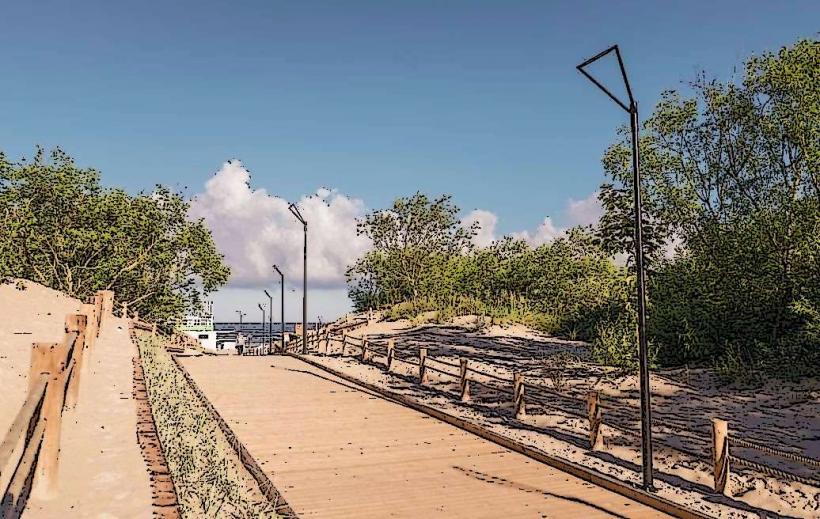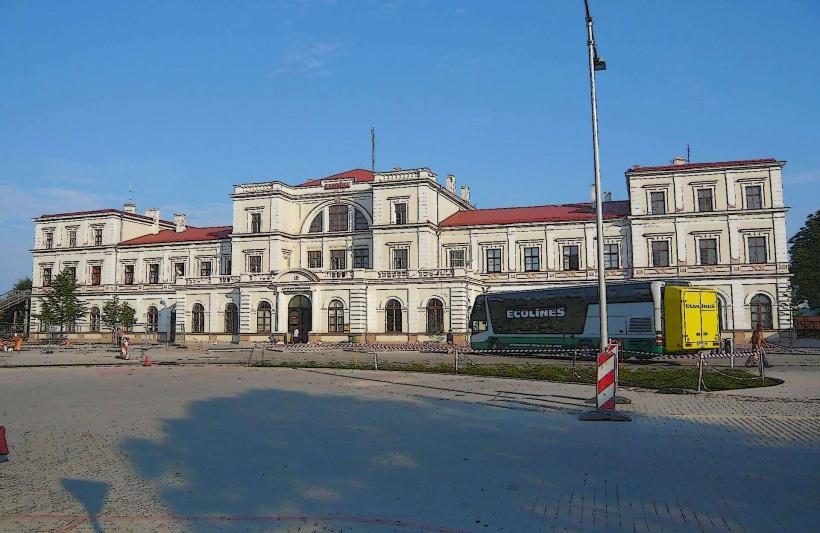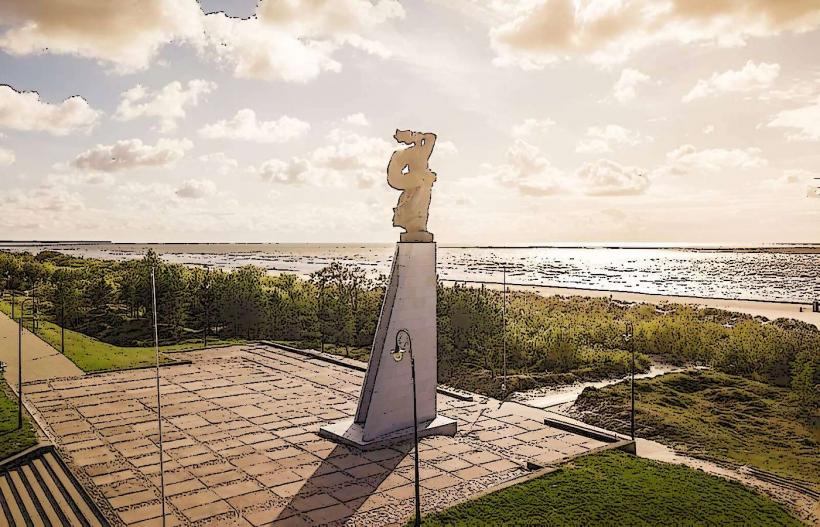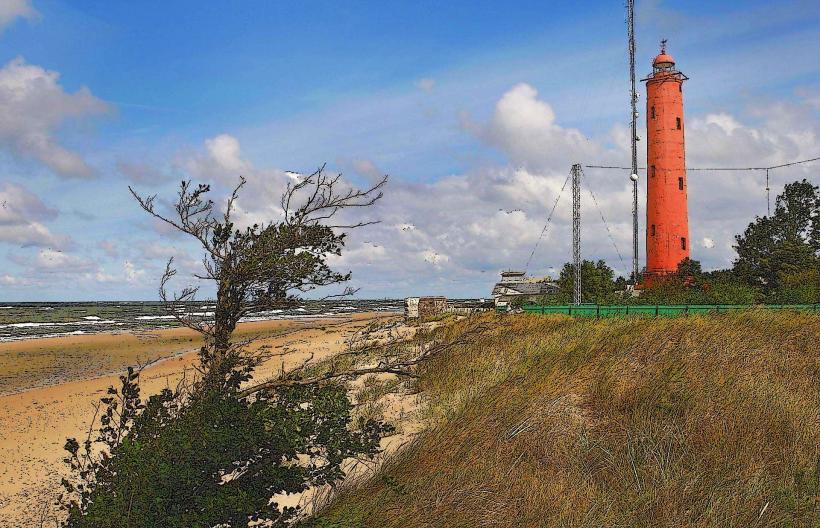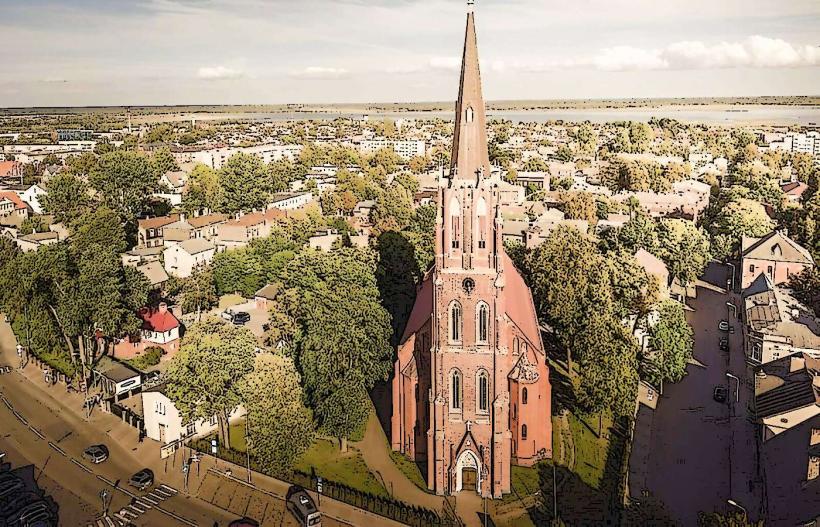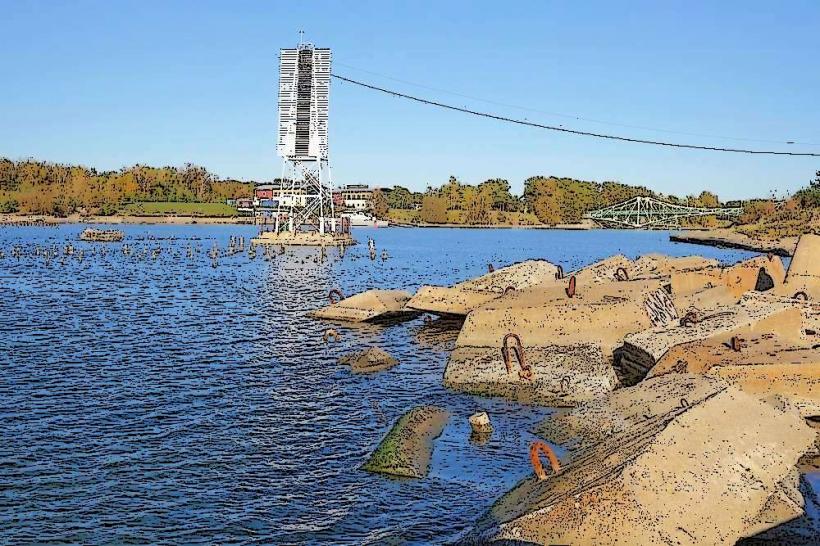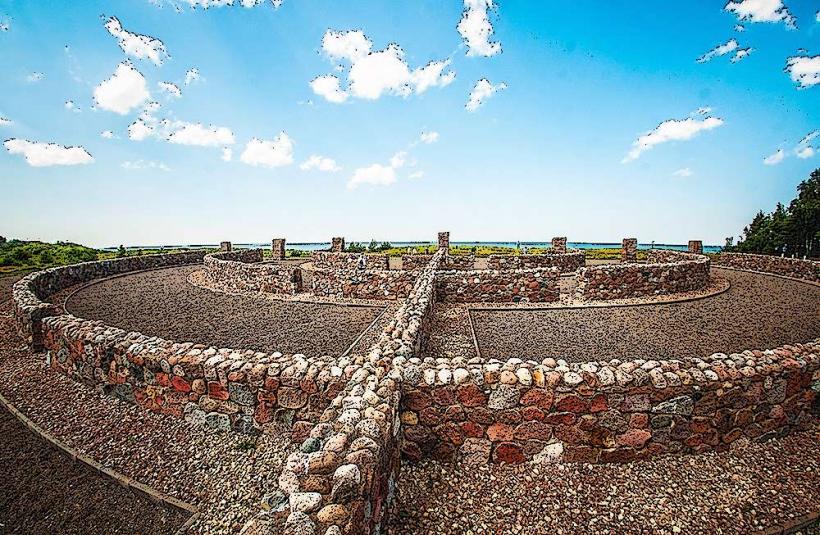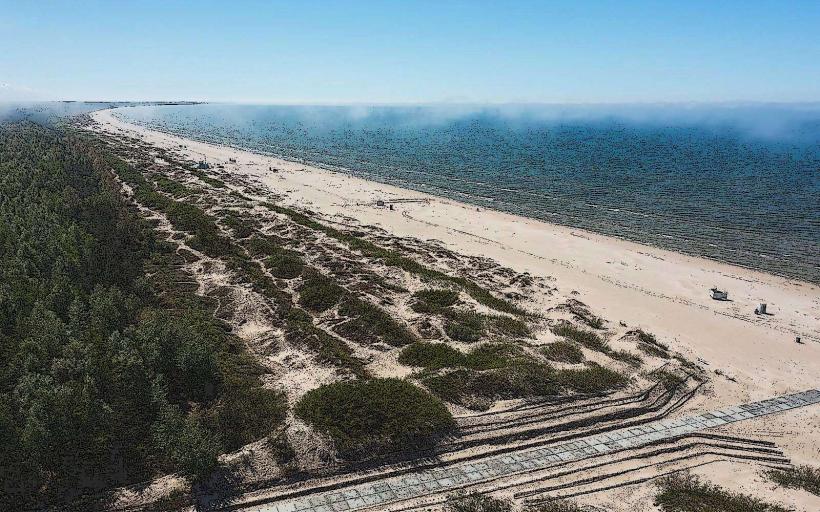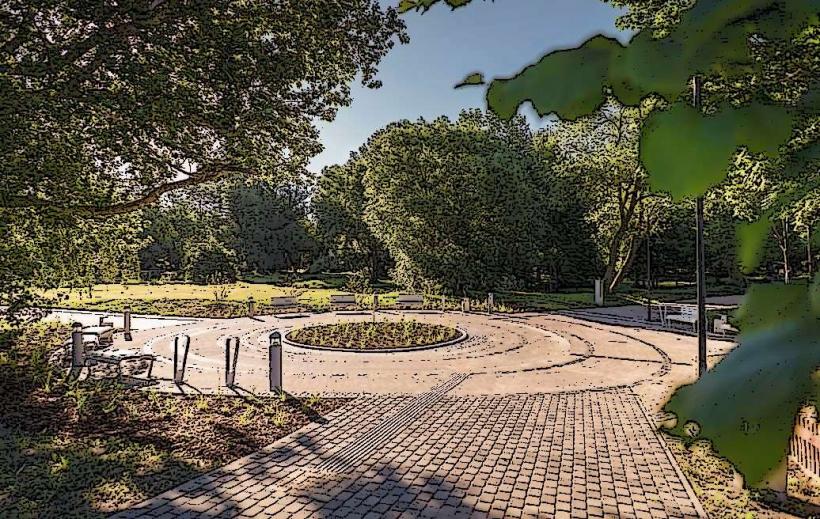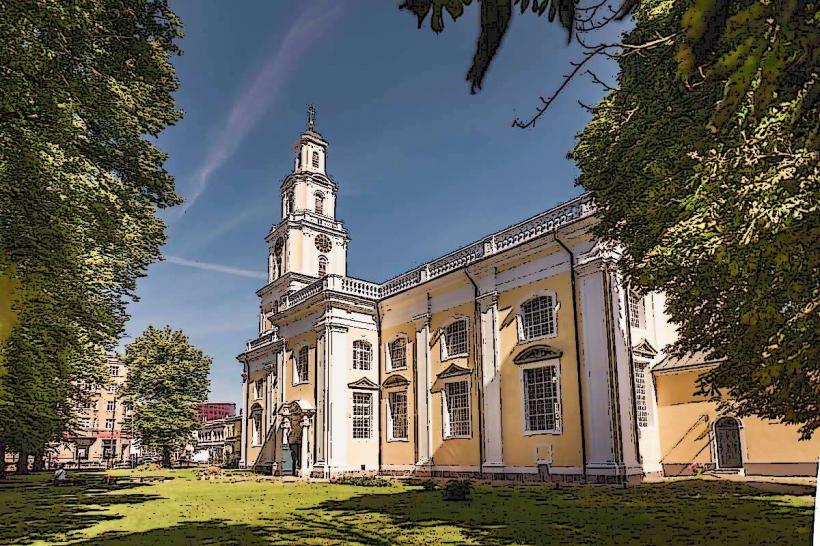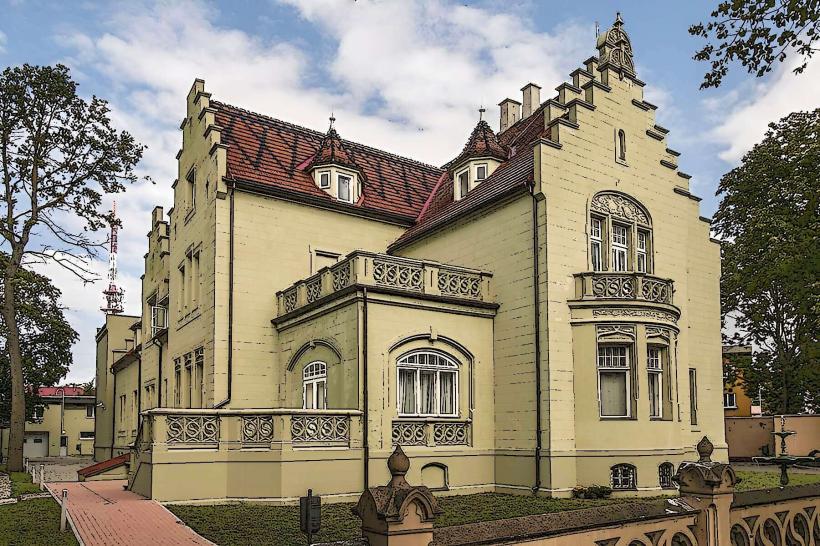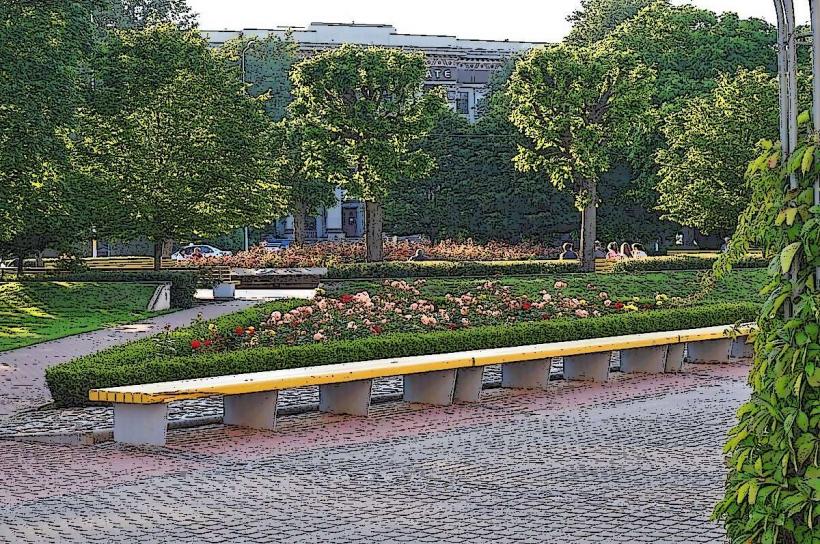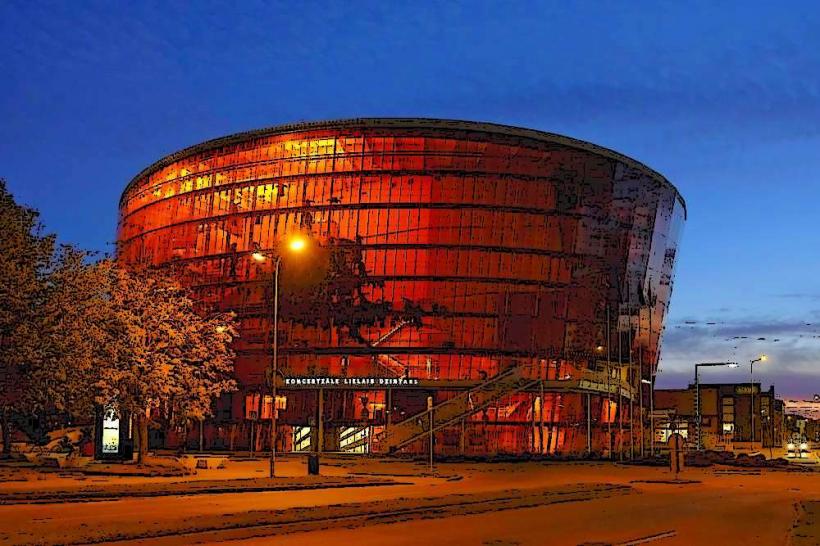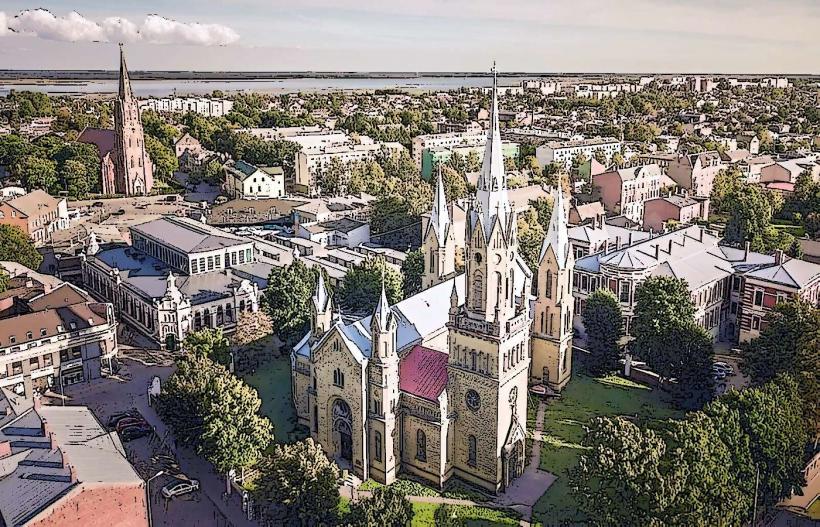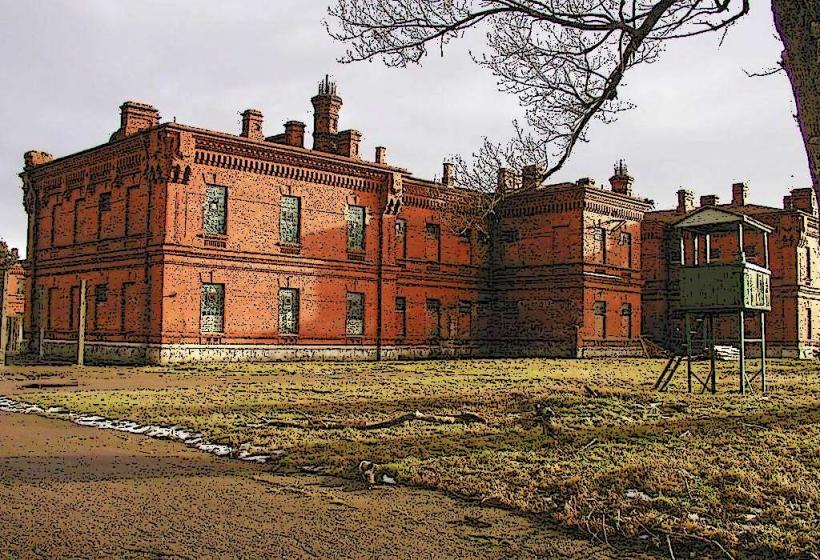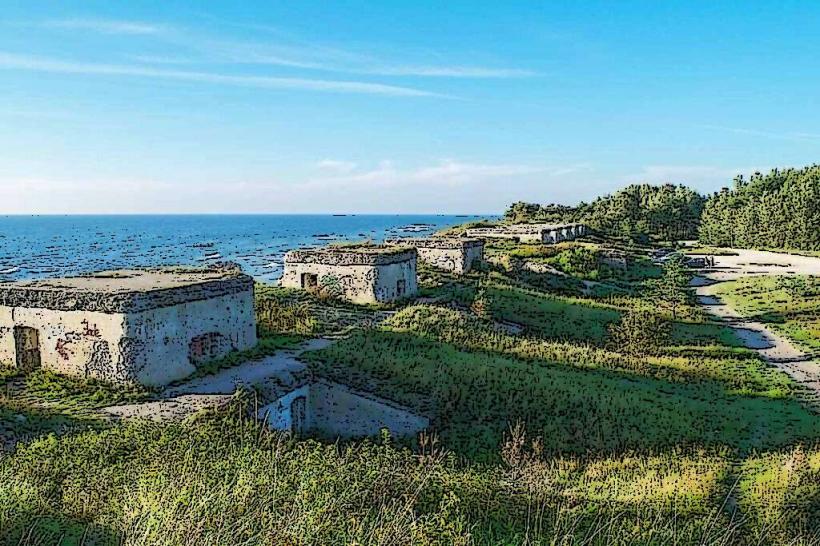Information
Landmark: Liepaja Music SchoolCity: Liepaja
Country: Latvia
Continent: Europe
Liepāja Music School (Liepājas Mūzikas skola) is an important educational institution located in Liepāja, Latvia. It plays a significant role in the city's cultural life by providing music education and training to students of all ages, from beginners to advanced musicians. The school has a long history of fostering musical talent and contributing to the development of the Latvian music scene.
Overview and Purpose
Location: The school is located in the center of Liepāja, a city known for its rich musical tradition and vibrant cultural scene. It is one of the leading music schools in Latvia, offering a wide range of music education programs.
Educational Mission: The primary mission of Liepāja Music School is to provide comprehensive music education to students in a variety of disciplines. The school aims to nurture young talent, promote the arts, and contribute to the cultural development of the region. It helps prepare students for both professional careers in music and personal artistic growth.
History
Foundation and Development: Liepāja Music School was established in 1950 and has since grown to become a key institution for music education in the region. Over the decades, the school has evolved to include a wide array of musical disciplines and has trained many prominent musicians who have gone on to make significant contributions to Latvian and international music.
Reputation: The school has a strong reputation for producing highly skilled musicians, especially in the fields of classical music, opera, and instrumental performance. Many of its graduates have pursued careers in top orchestras, music conservatories, and as solo artists.
Programs and Courses
Early Music Education: Liepāja Music School offers music programs for young children and beginners, providing a strong foundation in music theory, rhythm, and basic instrument skills. These early programs are designed to foster an appreciation for music and develop essential skills in a supportive and creative environment.
Instrumental Education: The school provides specialized training in a wide range of musical instruments, including piano, violin, trumpet, flute, clarinet, and more. Students receive individual lessons tailored to their skill level, with opportunities to perform in both solo and ensemble settings.
Vocal Training: The school offers vocal training for students interested in developing their singing abilities. This includes classical vocal techniques, choir singing, and preparation for opera or other types of vocal performance.
Music Theory and Composition: In addition to performance training, students at Liepāja Music School can study music theory, harmony, music history, and composition. These courses help students understand the technical and historical aspects of music, enabling them to become well-rounded musicians and composers.
Advanced Programs: For students who are ready to pursue professional careers in music, the school offers advanced training in music performance, conducting, and composition. The curriculum prepares students for entrance into higher education institutions such as the Jāzeps Vītols Latvian Academy of Music.
Facilities and Resources
Classrooms and Practice Rooms: The school is equipped with modern classrooms and practice rooms, providing students with the space they need to hone their skills. The practice rooms are designed to support individual learning, and there are also ensemble rooms where students can rehearse in groups.
Performance Spaces: Liepāja Music School has access to performance venues where students can showcase their talents. These venues include concert halls in Liepāja and occasionally performances in other cultural settings, allowing students to perform in front of an audience, which is an essential part of their development as musicians.
Music Library: The school maintains a music library with an extensive collection of music scores, books on music theory and history, and recordings. This resource is available to students and faculty for research and study.
Cultural Contribution
Community Engagement: Liepāja Music School is deeply integrated into the cultural fabric of Liepāja. The school regularly organizes concerts, recitals, and public performances, contributing to the city's vibrant musical life. Many of these events are open to the public, offering the community an opportunity to experience the talents of the students.
Collaborations and Festivals: The school is involved in collaborations with local and international musicians and music institutions. It is also an active participant in various music festivals, competitions, and cultural events, which provide students with opportunities to perform and gain recognition.
Alumni Success: Many graduates of Liepāja Music School have gone on to have successful careers in music. Alumni have performed in prominent venues, joined professional orchestras, or become educators themselves, contributing to the ongoing development of Latvian and international music.
Conclusion
Liepāja Music School is a cornerstone of the city's cultural life, providing high-quality music education that supports the development of young musicians and contributes to the broader music community in Latvia. Through its diverse programs, dedicated faculty, and active engagement in the local cultural scene, the school plays an essential role in nurturing musical talent and preserving Latvia's rich musical heritage.

